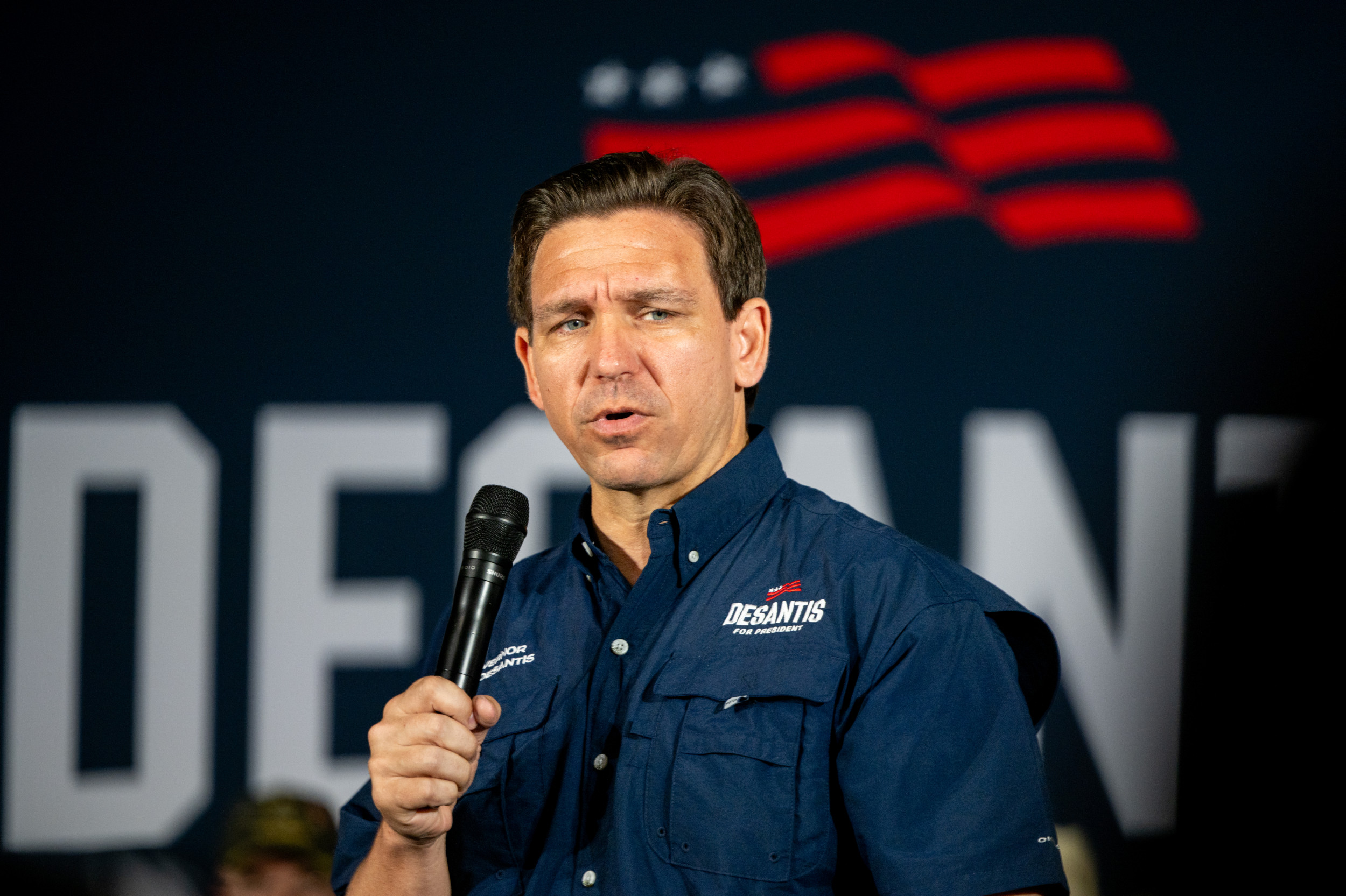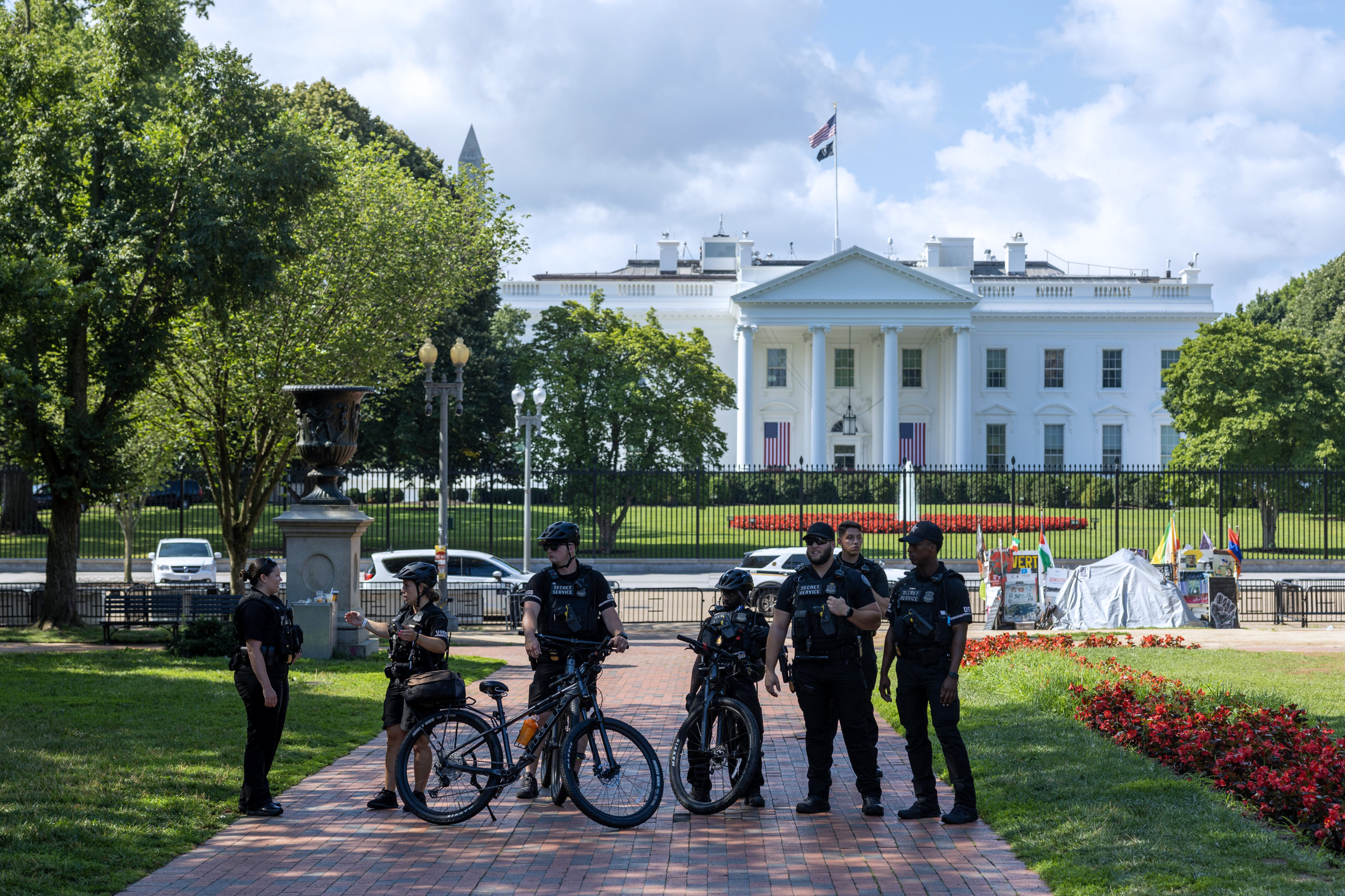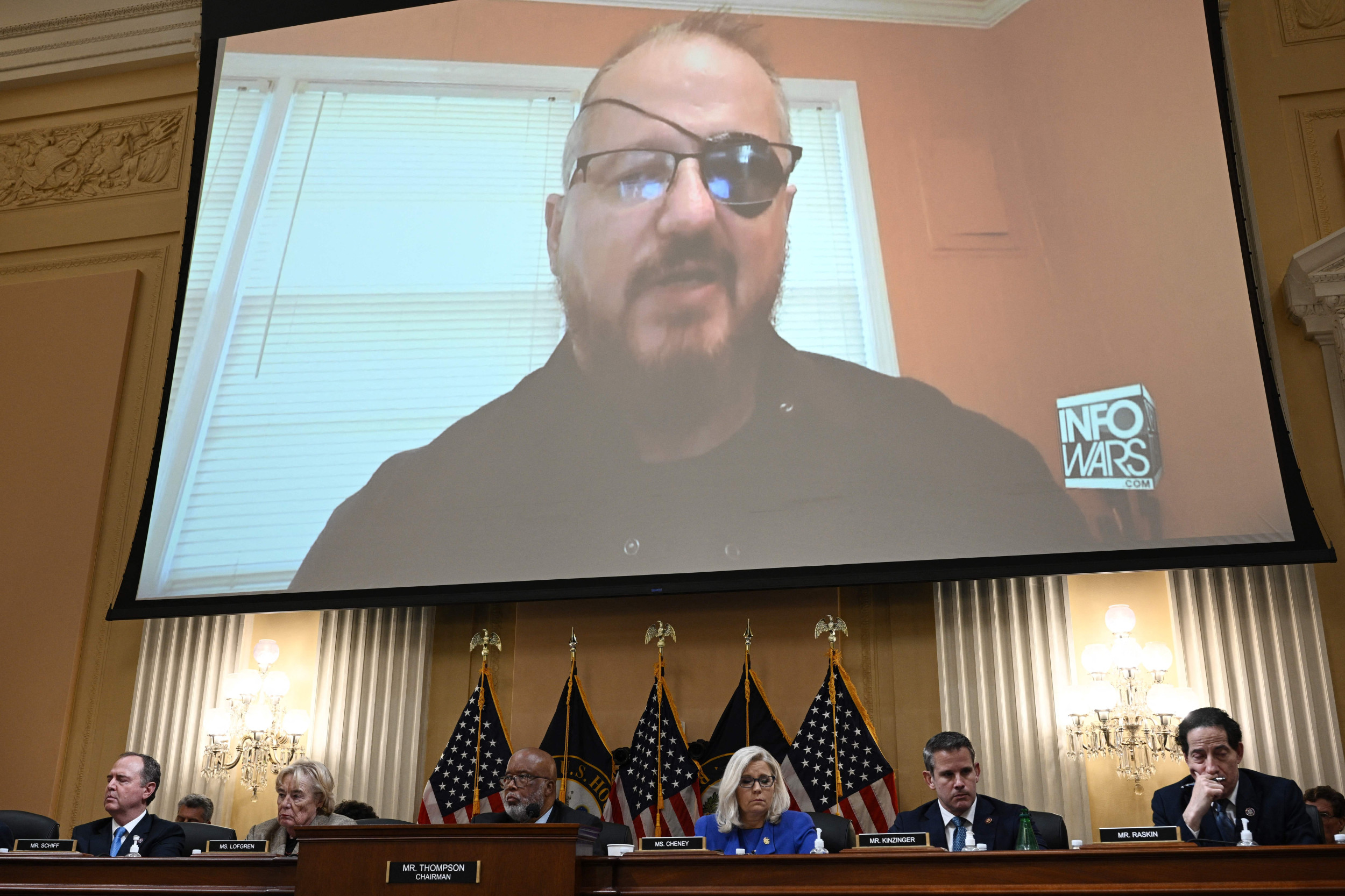Any purging of the highest ranks of the Russian military now will compromise Moscow's ability to react quickly to Ukrainian operations, according to one expert, as Kyiv pushes forward with its counteroffensive.
Removing more experienced officers from the command chain will take away Russia's ability to respond to Ukrainian operations, according to Frederik Mertens, a strategic analyst with the Hague Center for Strategic Studies.
Following the Wagner Group of mercenaries' aborted march on the Russian capital on June 24 under the command of Russian oligarch Yevgeny Prigozhin, analysts and Western sources have suggested a purge of Russia's military ranks could be underway.

On Wednesday, the British Defense Ministry said that a former commander of Russia's forces in Ukraine, General Sergei Surovikin, has not been seen in public since the Wagner armed revolt. Unconfirmed reports said Surovikin, who has gained the nickname of "General Armageddon," was arrested following the rebellion as part of a military purge in the top echelons of Russia's military. He had earlier issued a message in support of the Russian government against the mutiny as it unravelled.
In an interview with a Russian Telegram channel with links to Moscow's security services, Surovikin's daughter insisted nothing had happened to him.
The Wagner leader was known to be more affiliated with Surovikin than with other top Russian officials, such as Russia's head soldier, General Valery Gerasimov. The New York Times, citing U.S. officials and Western intelligence, reported shortly after the mutiny that Surovikin had prior knowledge of the rebellion.
But although a notorious name in the West, "Surovikin is one of the more respected senior officers within the Russian military" and moves against him will likely be "divisive," the British Defense Ministry said in its daily update.
But ridding a military of "politically unreliable elements never increases its efficiency," Mertens told Newsweek.
It not only purges capable officers, "but also creates an insidious fear of missteps among those who remain," he added.
Problems with command chains, morale, discipline and transparency in the Russian military have long plagued its operations in Ukraine. But the current battlefield circumstances matter in a purging scenario, he stressed.
"As long as the battle remains static, this is survivable. But if the battle becomes mobile, this impedes the swift reactions that are needed and can in the most extreme cases result in de facto command paralysis," Mertens said.
It is very difficult to work out what is happening behind the closed doors of the Kremlin, Mertens said. This applies both to Prigozhin's psychology and the machinations of the Kremlin.
But Russia is already dealing with Ukraine's summer counteroffensive, which Moscow said started around a month ago. Focusing on the south and east of the war-torn country, Kyiv has made a series of gains in recent weeks.
Ukrainian President, Volodymyr Zelensky, hit back at criticism of the pace of territorial gains last month, and the U.S.'s most senior officer, General Mark Milley, said that while progress may have been "a little slow," this is a natural part of warfare.
Ukrainian forces are making "steady, gradual advances," but that does not mean Kyiv is incapable of retaking large swaths of territory, the Institute for the Study of War think tank said in its latest update on Tuesday.
Newsweek has reached out to the Russian Defense Ministry for comment via email.








